Recently I finished listening to the book Leaders Eat Last written by Simon Sinek.
There’s a lot of great advice, as usual, by Simon. But one of the ideas that sticks with me the most was his comment about American politicians in the past were very different from this generation’s politicians.
We are all aware that this generation’s politicians, for the most part, are responsible to raise funds for campaigning. Their decisions are more influenced by the people who sponsor them than the vast majority that they represent but do not have the financial resources to sponsorship.
It’s almost like, they are representing their own interest, rather than the interest of the general public.
When you are a part of a political party, you are supposed to follow all the decisions the political party makes. If you vote against it, you get disciplinary action going against you.
When the Liberal MP Wayne Long simply voted in favour of extending consultation period on the proposed tax change, he would be “punished” by his own party.
Even though the vote was really done to extend the period, he wasn’t really opposing the tax change.
Apparently, it was not like that 30, 40 or 50 years ago.
Politicians actually work together for the greater good of the country.
Opposing parties’ members all lived and worked in Washington in those days. They could have different opinions during the day, but they were friends and neighbors after work hours.
When you get to know someone in person, outside of the work context against each other, it is more likely that you will reach agreement with each other during the work hours.
That was how it worked back in the days. These politicians saw each other at the restaurants, soccer fields watching their kids competing, Christmas party in the neighborhood, etc.
According to Simon, they built relationships and trusts that way.
Many bills and policies passed the legislation as both parties worked together for the greater good of people.
Today, it’s just a power struggle between the two parties. If a political party doesn’t get majority, you don’t get anything done in the government level.
Our Conservative leader Andrew Scheer was calling Bill Morneau to resign this week.
Don’t get me wrong. As an accountant, we would never agree with Bill Morneau’s tax change policies.
But being the leader of the opposing party, can’t Andrew Scheer spend a bit more time in building a better future for Canada?
Just maybe, he can talk about his policies to revert the tax changes imposed by the Liberals? Just maybe, he can question how these proposed changes could be implemented? Maybe… he can push through more policies that could benefit the general public?
And maybe, he should really read the book Leaders Eat Last. 😊
It’s that time of the year again. American Thanksgiving just passed. Black Friday sale came and went.
Today’s December 1 already.
If you sold a property during the year and made a huge amount of capital gain during the year, you may need to have some planning done before the year is over.
Like I always tell my clients, tax planning is done ahead of time, not after the fact.
There is only so much we can do to lower your income taxes.
- Tax loss sellingIf you sold a capital property during the year and incur a large amount of capital gain, and if you also have losses on stocks or other capital properties that you haven’t sold, it is worthwhile to sell these losing stocks/capital properties to trigger the capital loss.These capital losses triggered can be used to offset against the capital gain incurred on the sale of your properties.
But if you want to purchase these stock investments back immediately, Income Tax Act can specify the losses you triggered as “Superficial Loss” and disallow the capital loss claim.
Make sure you wait for another 30 days before you repurchase these stocks.
- Contribution to RRSPThe good old-fashioned way of reducing your tax payable.RRSP is one effective way to defer some of the taxes to your retirement years.
One investor client asked me whether she should contribute to RRSP to lower her taxes or keep the money in her pocket to purchase another property.
Truthfully this is a personal preference. Not a tax question. 😊
If you think you are able to make better return outside of your RRSP (as RRSP restricts you in terms of the kind of investment you can purchase), it maybe worthwhile keeping the money in your pocket.
A real estate investor should really look at what the investment options are available before making an informed decision.
One of the most common questions I get is – I can spend more money in renovating my other houses so I don’t have to pay as much taxes this year.
Be careful in terms of what you are spending on. Some repairs are considered improvements to your properties and are not deductible expense. This may not achieve the same result you have hoped for.
Until next time, happy Canadian Real Estate Investing.
Cherry Chan, CPA, CA
Your Real Estate Accountant
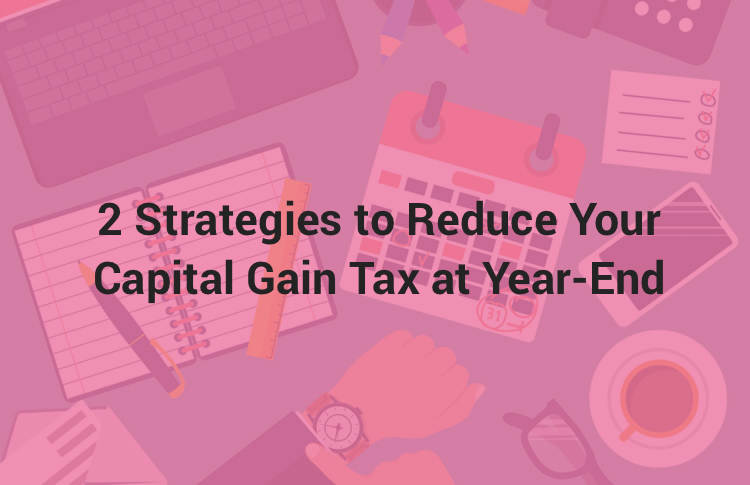
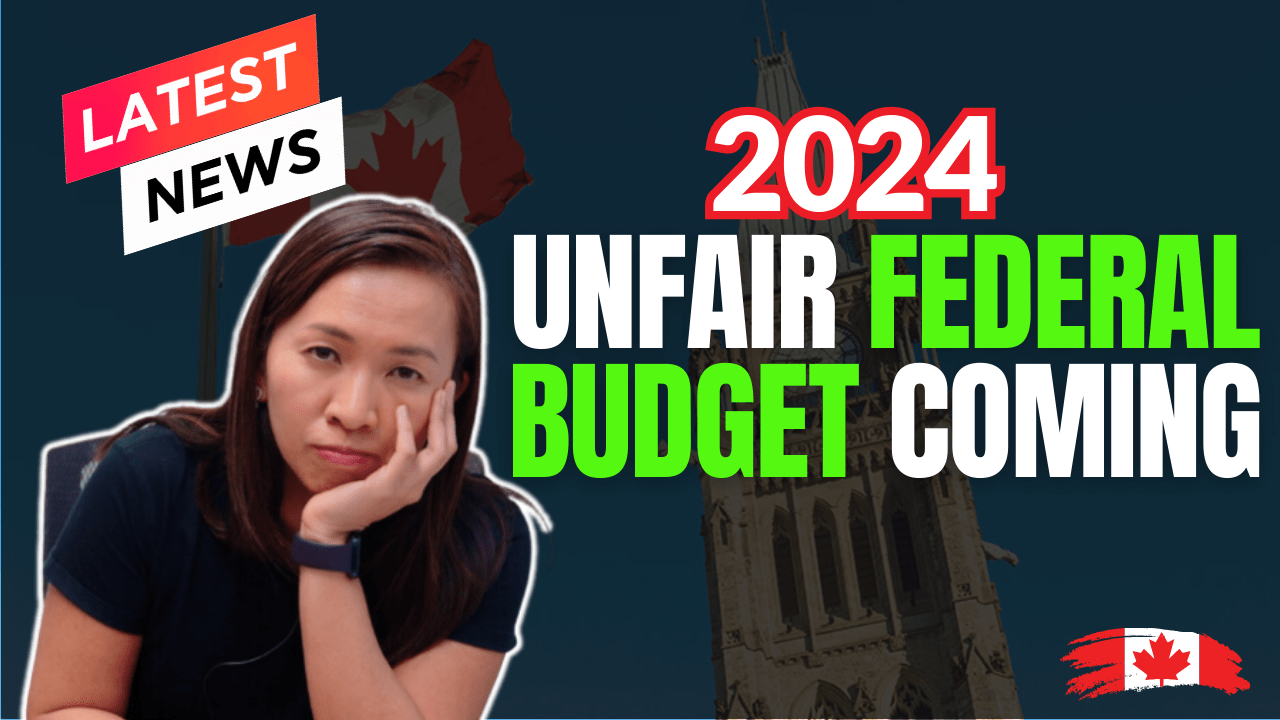

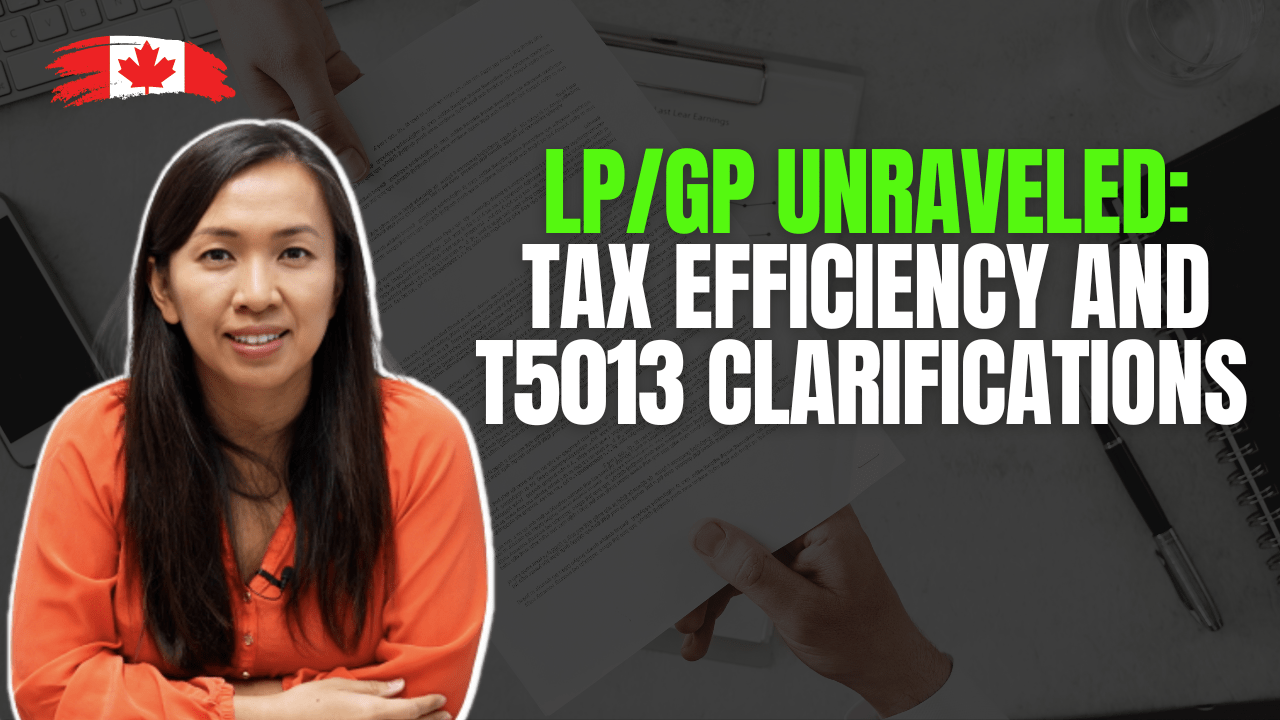
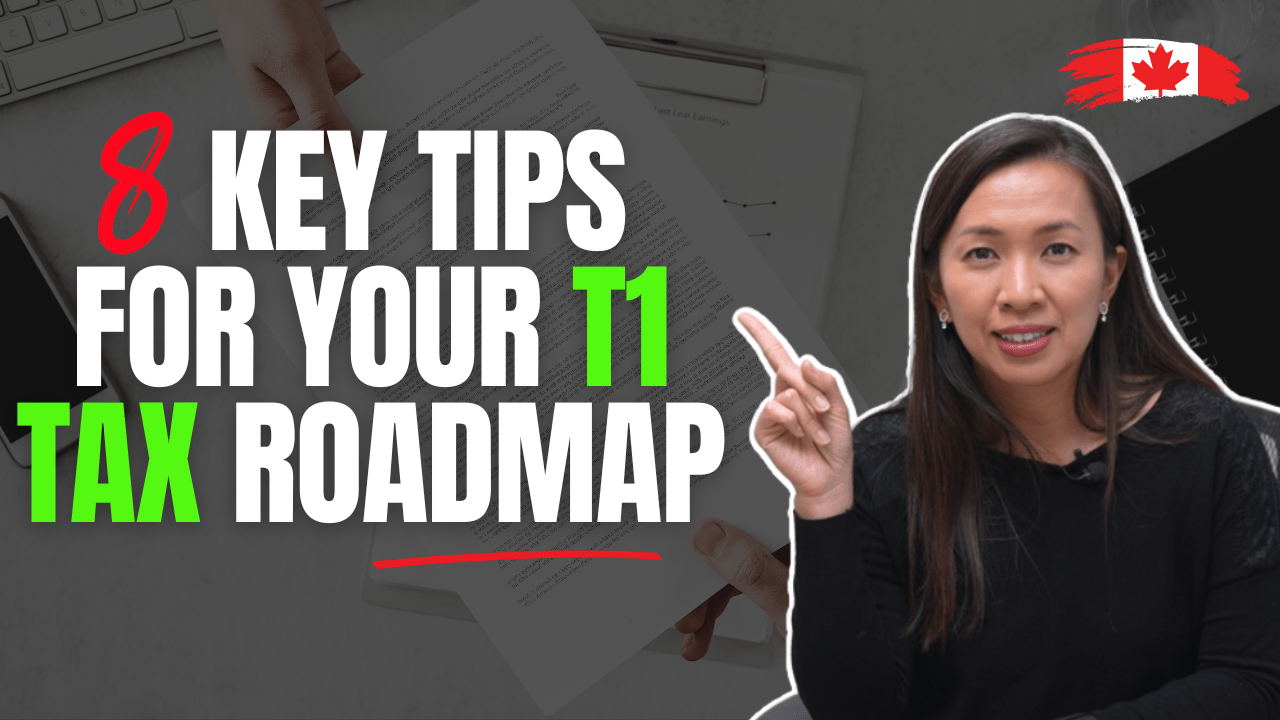
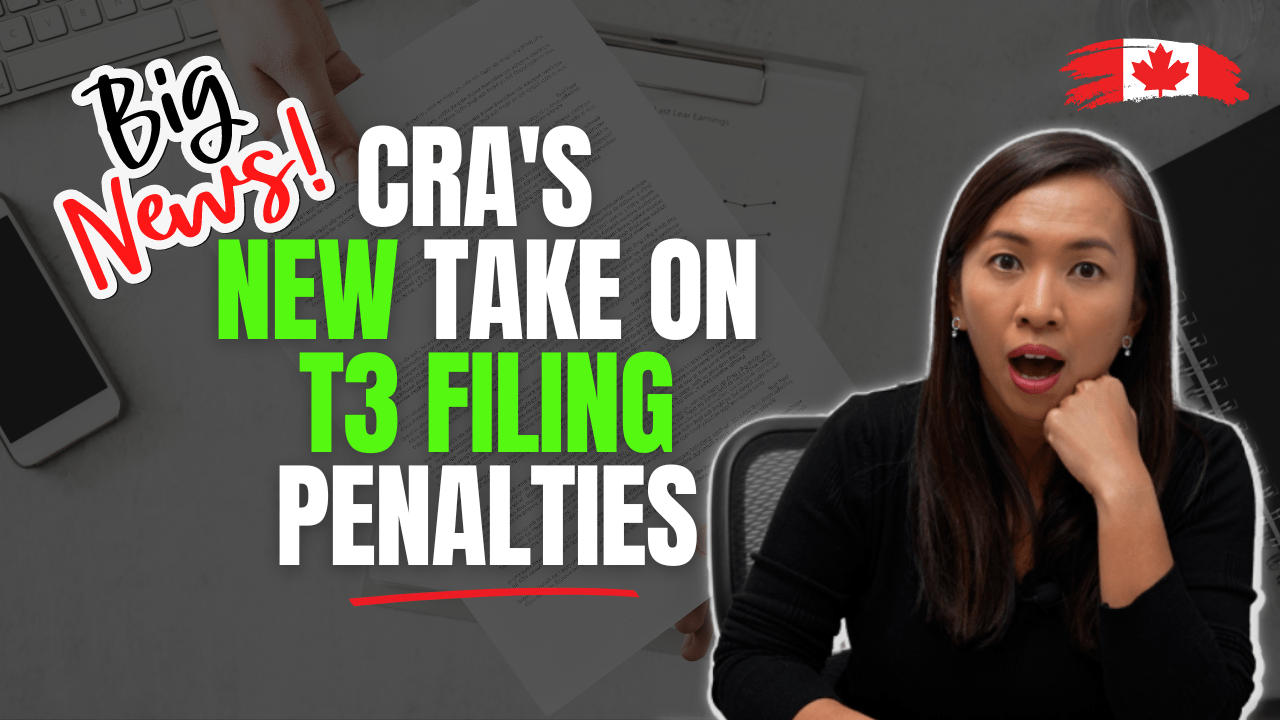
Jerry Krueger
I think some of your clients are high net worth clients. You should talk about I.P.Ps and R.CAs and how they can benefit from these investments.
Jacky
Wondering if I can transfer the sale proceeds from one rental to help pay down the mortgage on another rental that I recently purchased, and avoid the capital gain and recapture tax that would be owed on the sale of the first rental property?
Cherry Chan
Hi Jacky, unfortunately no. You cannot transfer the proceeds from one rental to avoid capital gain tax. However, you can claim CCA on your newly purchased properties to lower the recapture tax on the sold property.